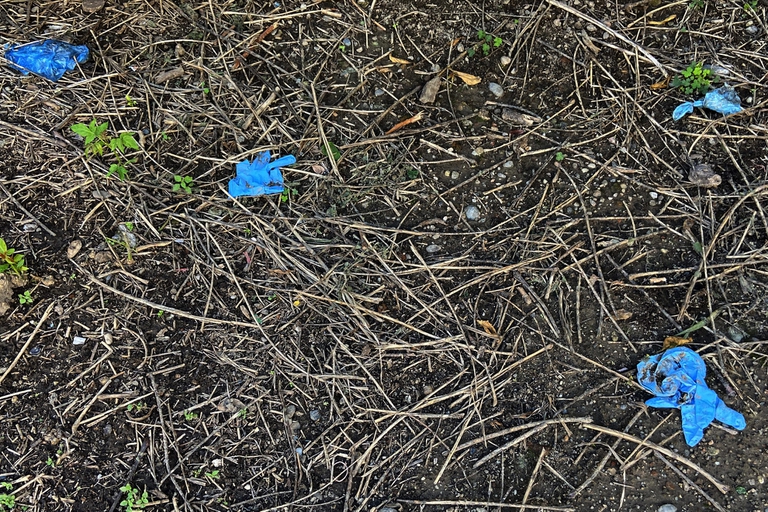
Sharon Lavigne, one of the six winners of the 2021 Goldman Environmental Prize, is fighting to protect her community from plastics corporations.
Single-use face masks and gloves used as protection from the coronavirus have been found on the shores and in the waters of major European rivers.
With the explosion of the coronavirus pandemic starting from February, the use of face masks and single-use gloves has increased exponentially. Scientists at the Tara Foundation, which studies climate change‘s impact on the oceans, have found these now ubiquitous objects – heavily deteriorated and polluting – abandoned on the shores and in the waters of seven European rivers.
During the month of June “we found face masks and gloves along the course of seven major European rivers and now we’re worried about the future,” Tara spokesperson Romy Hentinger told French radio France Inter, highlighting that single-use masks are made from polypropene and are very thin, therefore deteriorate easily and aren’t biodegradable. “This is worrying. We can only assume that other (masks and gloves, ed.) have reached the sea,” she added.
The Tara Foundation recently concluded a study on nine of Europe’s principal rivers (Thames, Elbe, Rhine, Seine, Ebro, Rhône, Tiber, Garonne and Loire) to measure the concentration of microplastics. The expedition was carried out between May and November 2019 and found these components in 100 per cent of the samples collected, evidence of the fact that the particles separate before reaching the sea, and therefore don’t deteriorate completely due to the action of UV rays and saline water, as previously thought. “Now we’re waiting for the final results from the experts who are still analysing the samples,” Hentinger concluded.
Siamo anche su WhatsApp. Segui il canale ufficiale LifeGate per restare aggiornata, aggiornato sulle ultime notizie e sulle nostre attività.
![]()
Quest'opera è distribuita con Licenza Creative Commons Attribuzione - Non commerciale - Non opere derivate 4.0 Internazionale.
Sharon Lavigne, one of the six winners of the 2021 Goldman Environmental Prize, is fighting to protect her community from plastics corporations.
Plastic pollution is airborne too. Microplastics are being carried across continents by the wind, as a recent study reveals.
Levels of particulates in New Delhi in 2020 were once again far above safety thresholds, with extremely serious health consequences for its citizens.
A major oil spill in the Ecuadorian Amazon in April has left the Coca River polluted. The indigenous Kichwa are suing the companies whose pipelines broke.
Molecules that eat up plastic waste, including PET bottles, may soon become widely used as scientists leap ahead in developing new super enzymes.
In Italy’s Land of Fires between Naples and Caserta, activists like Carmen Medaglia are fighting to promote new ways of managing waste.
Toxic substances in Kamchatka’s waters have killed 95% of marine fauna and caused health problems for surfers. The causes, however, are still unknown.
A Magellanic penguin was found lifeless on a Brazilian beach: in its stomach, an N95 face mask. Researchers believe the animal died from ingesting it.
The drop in air pollution during worldwide lockdowns helped prevent thousands of premature deaths. But the situation is returning to pre-crisis levels.








